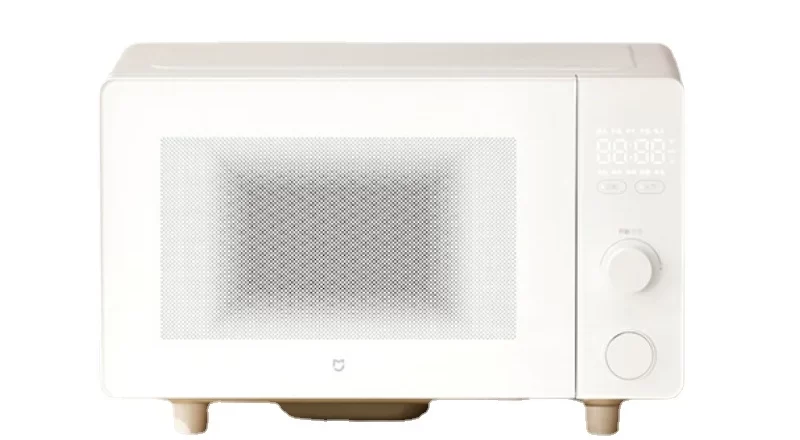Introduction:
A microwave that isn’t heating can be a frustrating issue, especially if you rely on it for quick meals and heating leftovers. Several factors can cause a microwave to stop heating, ranging from simple fixes to more complex mechanical problems. Understanding the potential causes can help you diagnose the issue and determine whether you can fix it yourself or need to call a professional. This comprehensive guide explores common reasons why a microwave might not be heating, delving into each problem, its symptoms, and possible solutions.
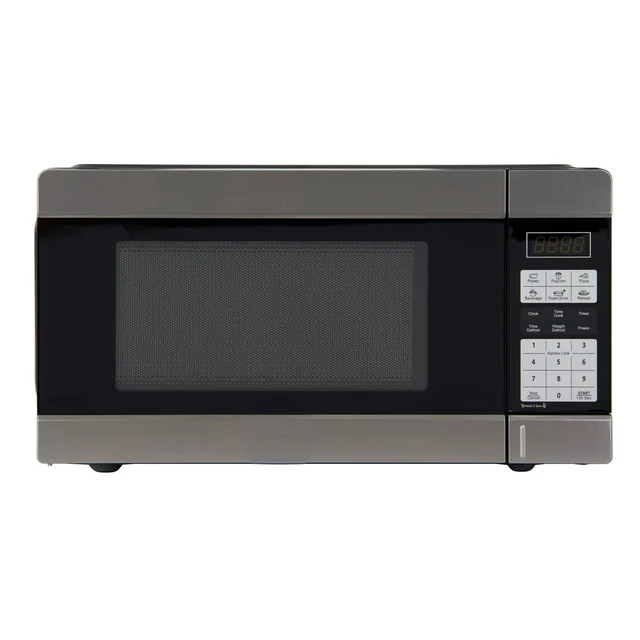
Why Is My Microwave Not Heating?
Understanding the Basic Operation of a Microwave
Before diving into the issues, it’s helpful to understand how a microwave works.
Microwave Radiation: Microwaves generate heat by emitting microwave radiation, which excites water molecules in the food, causing them to vibrate and produce heat.
Magnetron’s Role: The magnetron is the core component that generates the microwave radiation. It converts electrical energy into microwave energy, which then heats the food.
Power Supply: A microwave requires a consistent power supply to operate effectively. Interruptions or fluctuations in power can affect its performance, including its ability to heat food.
Examining Electrical Issues and Power Supply
One of the most common causes of a non-heating microwave is related to electrical issues.
Tripped Circuit Breaker: A tripped circuit breaker can interrupt the power supply to your microwave. Check your home’s electrical panel and reset any tripped breakers to restore power.
Blown Fuse: Microwaves have internal fuses designed to protect against electrical surges and malfunctions. If a fuse is blown, the microwave won’t heat. Locate the fuse inside the microwave, often near the power cord, and check if it needs replacing.
Faulty Power Outlet: The problem might be with the power outlet itself. Plug another appliance into the same outlet to check its functionality. If the outlet is faulty, have it repaired or replaced by an electrician.
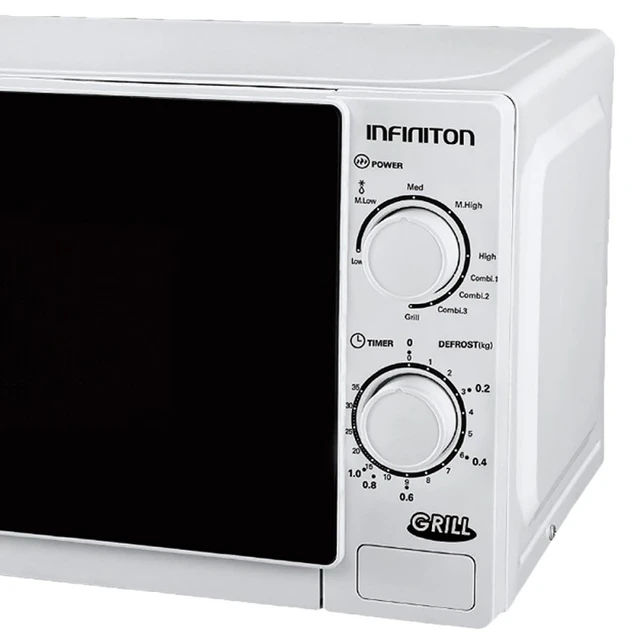
Inspecting the Door Switches
Door switches play a crucial role in the safe operation of the microwave.
Faulty Door Switches: Microwaves have multiple door switches that ensure the appliance only operates when the door is securely closed. If any of these switches malfunction, the microwave may not heat. Test the switches by opening and closing the door, listening for clicks, and observing if the microwave starts properly.
Door Alignment Issues: A misaligned door can prevent the door switches from engaging correctly. Check the door for any visible misalignment or damage and adjust it if necessary. Make sure the door closes tightly and evenly.
Checking the Magnetron
The magnetron is a vital component, and issues with it can directly affect heating.
Burned-Out Magnetron: A burnt-out magnetron is a common reason why a microwave stops heating. Symptoms include a humming noise and the microwave running without heating. Replacing a magnetron is a complex task and often requires professional assistance.
Thermal Fuse Check: Microwaves have thermal fuses to prevent overheating. A blown thermal fuse can cause the magnetron to stop working. Check for continuity in the thermal fuse using a multimeter, and replace it if needed.
Evaluating the Diode and Capacitor
The diode and capacitor work in tandem with the magnetron, and problems with these components can affect heating.
Faulty Diode: The diode converts high-voltage AC power to DC power, working alongside the magnetron. A faulty diode can prevent the magnetron from heating properly. Test the diode for continuity and replace it if it’s defective.
Capacitor Problems: The capacitor stores electrical energy that powers the magnetron. If the capacitor is not functioning correctly, the microwave will not heat. Checking and replacing a capacitor should be done with caution due to the high voltage it retains.
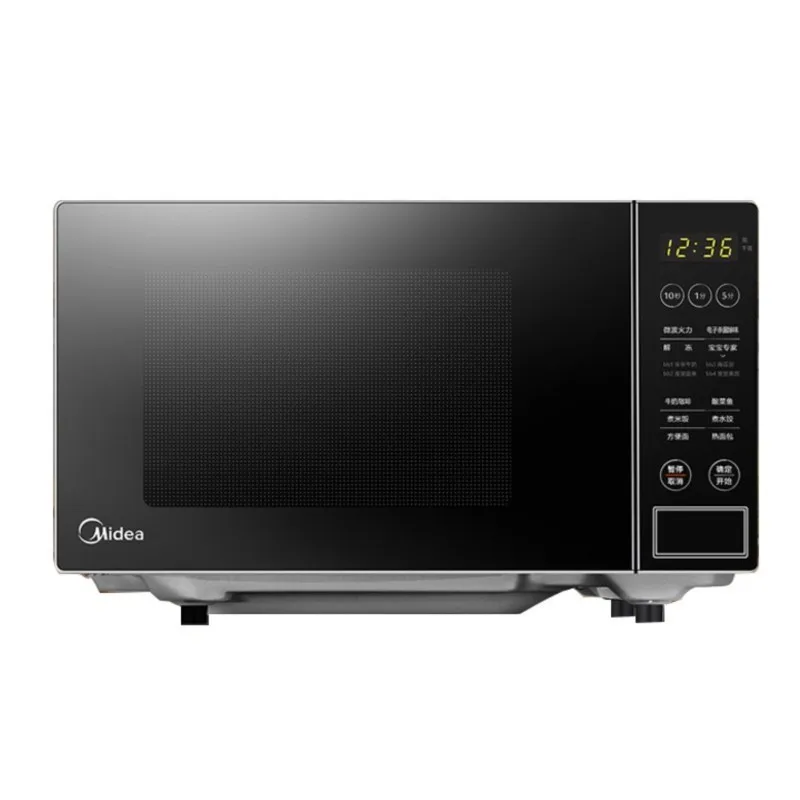
Investigating the Control Board
Issues with the control board can disrupt the microwave’s operation.
Malfunctioning Control Board: The control board manages the microwave’s functions, including heating. A malfunctioning control board can result in improper operation. Inspect the board for any visible damage or burnt components, and consider professional repair or replacement if necessary.
Touchpad Issues: Problems with the touchpad or control panel can also affect the microwave’s ability to heat. Ensure all buttons are responsive and check for any error codes that might indicate a control board issue.
Testing Other Components
Several other components can affect the microwave’s heating ability.
High Voltage Transformer: The high voltage transformer supplies power to the magnetron. A defective transformer can prevent the microwave from heating. Testing the transformer for continuity and functionality may require specialized equipment and professional expertise.
Temperature Sensor: Microwaves have a temperature sensor or thermistor that regulates cooking cycles. If the sensor is faulty, it might inaccurately control the heating process. Testing the sensor with a multimeter can determine if it needs replacement.
Inspecting for Mechanical Issues:
While electrical problems are common, mechanical issues can also cause a microwave to stop heating.
Turntable Motor: A malfunctioning turntable motor can result in uneven heating or no heating. Check if the turntable is rotating correctly. If it’s not, inspect the motor and replace it if it’s faulty.
Fan Motor: The fan motor cools the magnetron and other components. A broken fan can lead to overheating and safety shutdowns, preventing heating. Verify if the fan is working properly and replace the motor if necessary.
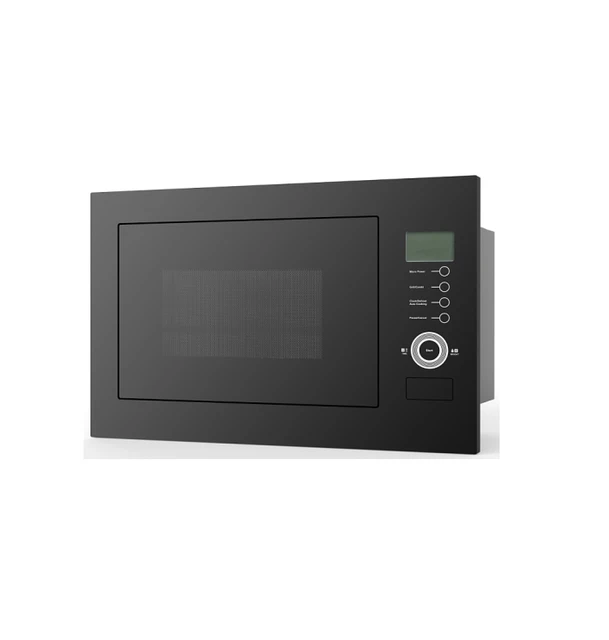
Preventive Measures and Maintenance Tips
Regular maintenance can help prevent heating issues and extend your microwave’s lifespan.
Clean Regularly: Keep your microwave clean, especially the interior and the door mechanism. Food particles and grease can affect the door switches and other components.
Avoid Overloading: Overloading the microwave can strain the magnetron and other parts. Follow the manufacturer’s guidelines for the maximum load and cooking times.
Use Microwave-Safe Containers: Always use microwave-safe containers to prevent damage to the appliance and ensure even heating. Avoid metal containers and aluminum foil.
Call for Professional Help When Needed: While some issues can be resolved with DIY troubleshooting, complex repairs should be left to professionals. Attempting to fix electrical components without proper knowledge can be dangerous.
User Experiences and Feedback
Listening to user experiences can provide additional insights into common issues and their solutions.
Common Problems Reported: Users often report problems like humming noises, lights turning on without heating, and frequent tripping of circuit breakers. These issues often lead to diagnosing magnetron failure, door switch problems, or power supply issues.
DIY Success Stories: Some users successfully repaired minor issues like replacing blown fuses or realigning doors. Sharing these experiences can motivate others to try simple fixes before calling a professional.
Challenges Faced: Others mention challenges in diagnosing more complex problems like faulty magnetrons or control boards, emphasizing the need for professional assistance in such cases.

Comparing Different Microwave Brands
While the basic principles are the same, different brands may have unique components or common issues.
Brand-Specific Issues: Some brands might have components that are more prone to failure or require specific repair techniques. Researching brand-specific forums and reviews can provide insights into these common problems.
Conclusion
A microwave that isn’t heating can have multiple causes, ranging from simple electrical issues and door switch problems to more complex component failures like the magnetron, diode, or control board. By systematically diagnosing the problem, using the steps and tips provided, you can determine the most likely cause and decide whether it’s a fix you can handle or if you need professional help. Understanding these factors not only helps in immediate troubleshooting but also serves as a guide for preventive maintenance and future purchases. Ensuring your microwave operates efficiently and safely enhances its convenience and extends its useful life.

